CLICK TO HEAR JACK HALL’S INTERVIEW WITH HEATHER PICOTTE, CAREGIVER PROJECT
Audio PlayerFree direct care worker information meetings are being held across the Central U.P. as part of a grant project to increase the number of caregivers for older adults and individuals with disabilities in need of supports and services. There is a national shortage of direct care workers with Michigan facing a potential shortage of an estimated 36,000 caregivers to serve the growing population of individuals in need of assistance.
The caregiver orientations are being held in the coming weeks in Munising on January 22 beginning at 5:30 pm at the Alger Parks and Recreation Department and on January 30 at 10:30 am at the Manistique Tribal Health Center in Manistique. Additional in-person and virtual sessions are being planned in other areas of the Central U.P. in February.
The orientations are intended to help individuals explore potential work as a direct care worker offering meaningful, flexible employment opportunities. Presentations will include information on roles and responsibilities of caregivers, work settings, core competencies, and information on a day in the life of a caregiver directly from a direct care worker. A meal and question and answer session also will be provided. Following the presentation, individuals will be able to complete a self-assessment outlining their level of interest as well as work with grant coordinators to find training and resources if interested.
Sessions are open to the public. High school students, individuals who have served in the military along with their family members, tribal community members, and individuals who are under- or unemployed are encouraged to explore work in caregiving to support individuals in these community groups as part of the grant. Pre-registration is requested as space is limited. To learn more or register, visit www.caregiverincentiveproject.org/caregiverpipeline/
This project is coordinated by the Caregiver Incentive Project, IMPART Alliance and Northern Michigan University Center for Rural Health with support from community partners representing caregiving agencies, academic institutions, workforce development agencies, tribal communities, and veteran groups. Grant funding was provided by the Michigan Health Endowment Fund.







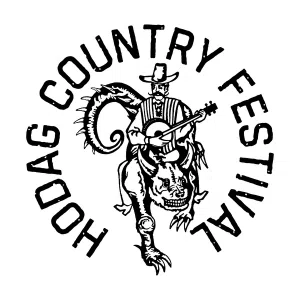



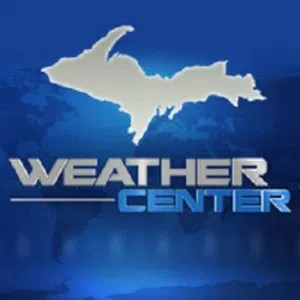






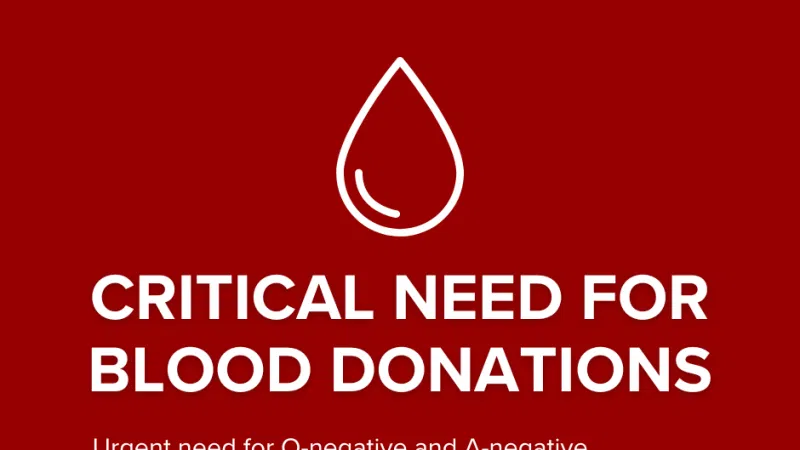
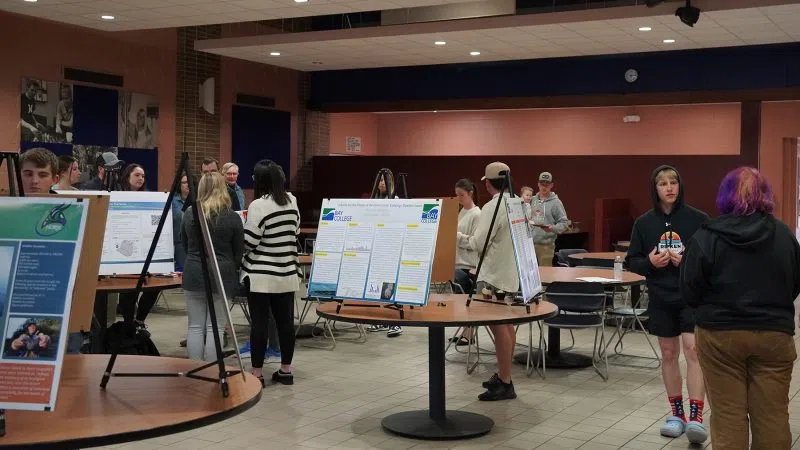
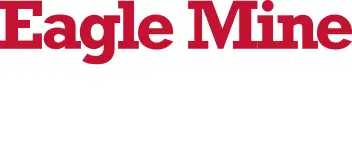


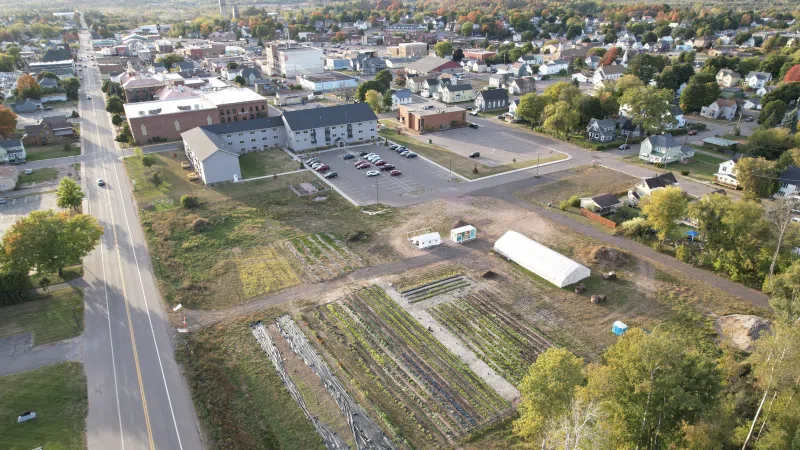
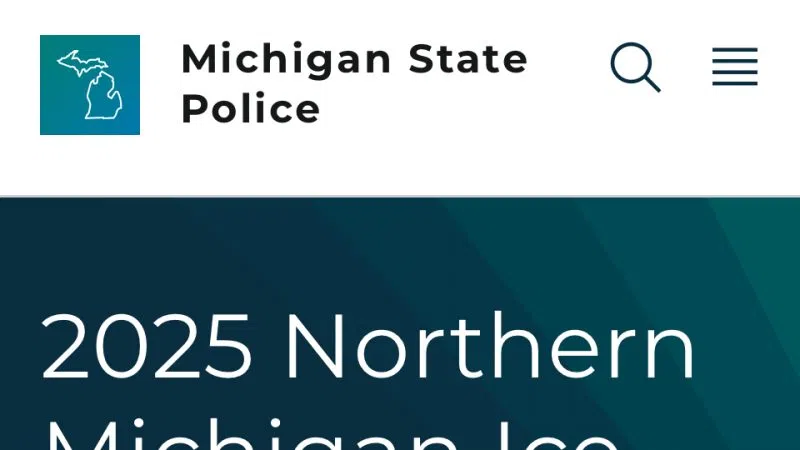
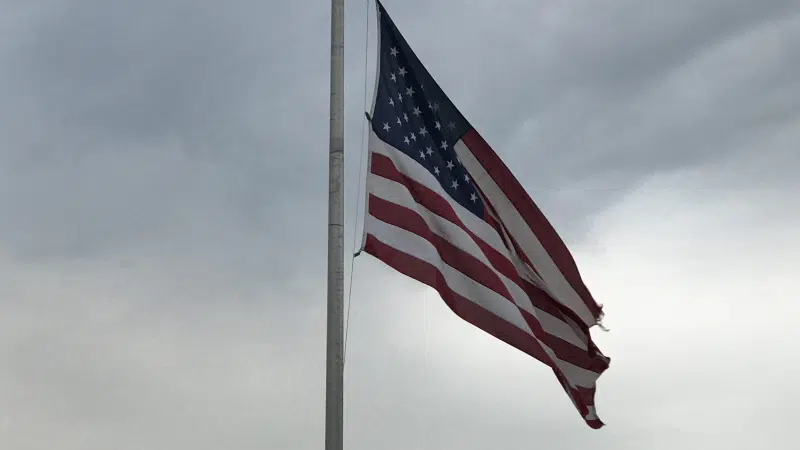



Comments